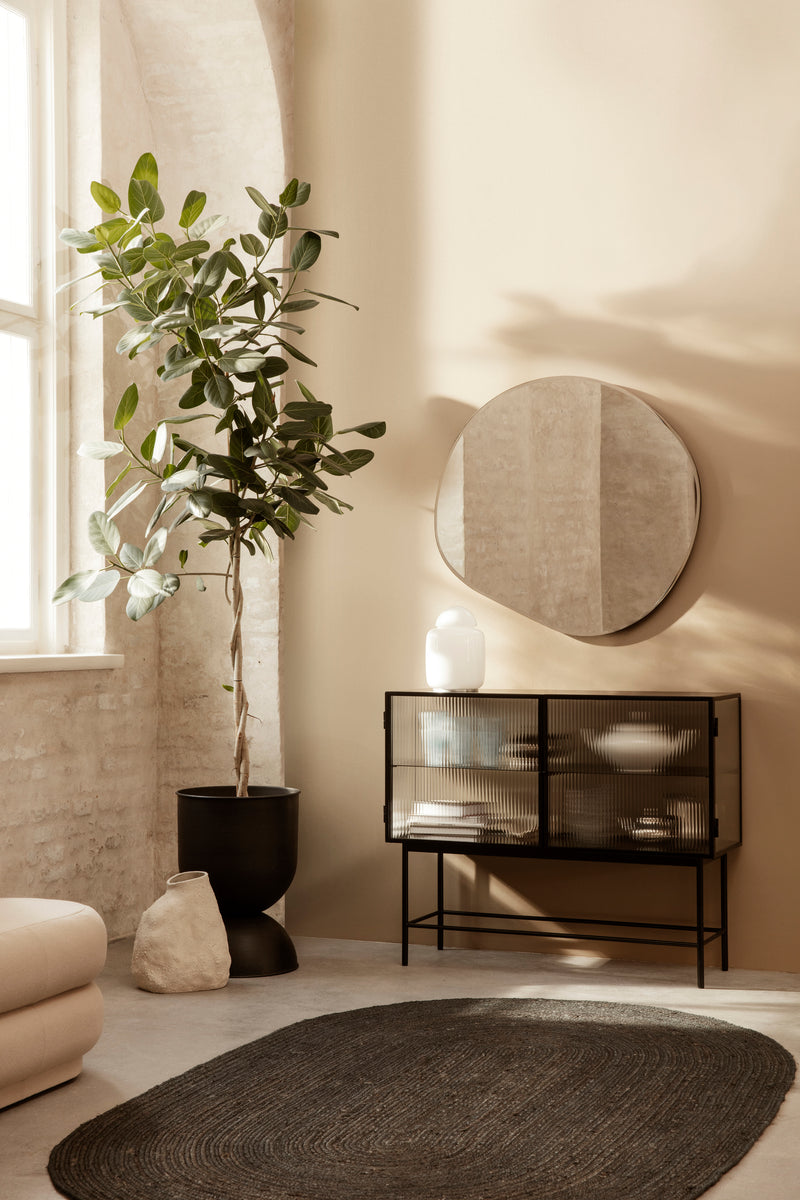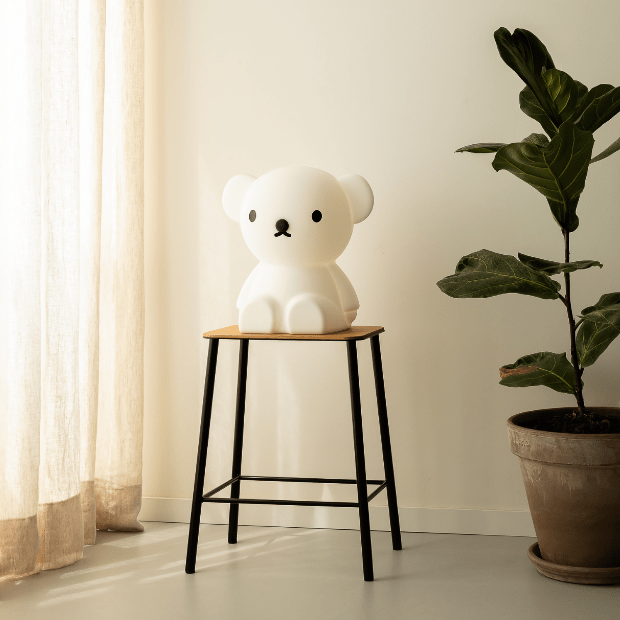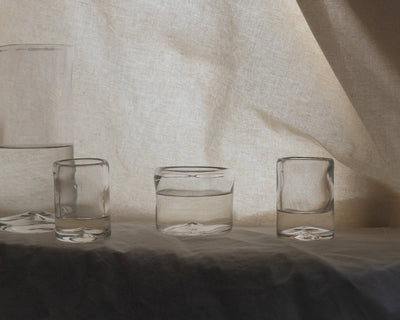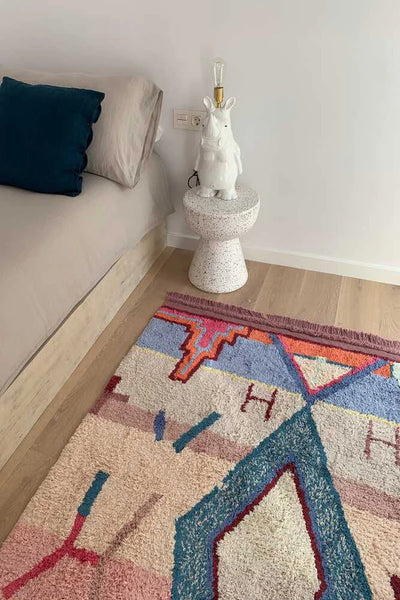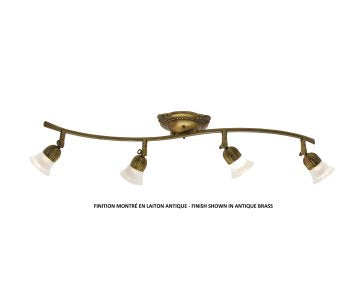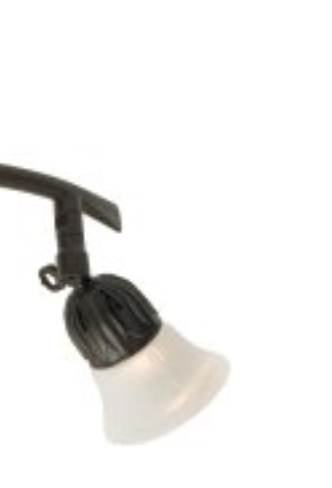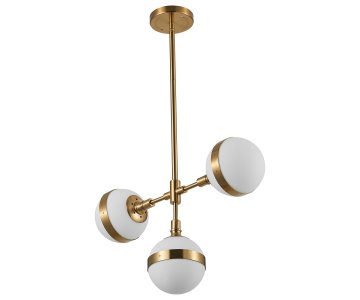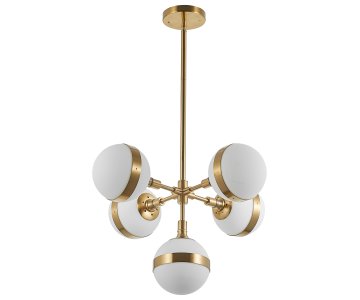Serratus Pepper Mill by Tantalus Design
A playful reimagination of the household classic. Simply twist the top to produce fresh pepper.
Engineered to last. Not fragile, despite appearances.
Made in Canada from ethically-sourced wood.
-Can also be used with rock salt
-Grain-matched solid wood with internal reinforcement
-High-quality Danish ceramic grinding mechanism
-Easily refilled via built-in funnel in bottom
10" (24.5cm) tall, 2⅝" (67mm) maximum diameter
About the wood
Arbutus
Arbutus Menziesii, commonly known as Madrone or simply Arbutus is a hardwood native to Pacific coastal regions of Canada and the United States. It is a cherished and easily-identified tree in its native range, known for its distinctive peeling red bark and erratic twisting branches. Timber from this tree is rarely produced as it is notoriously difficult to properly cut and dry but when done right it yields truly exceptional wood. Arbutus is hard and finely-grained with an array of colours ranging from reddish tones to streaks of blue. One of our all-time favourite woods!
Black Walnut
Black walnut (juglans nigra) is a well-known and beloved North American species. It is favoured for its rich chocolate-brown wood (often with streaks of lighter-coloured sapwood) which is medium in density and relatively stable through changes in humidity. Black walnut can take on somewhat reddish tones as years go by.
Cocobolo refers to the wood produced by dalbergia retusa, a true rosewood native to Central America considered to be one the finest and most coveted woods on earth. Cocobolo is extremely dense with a high oil content and natural lustre. Heartwood colour can vary dramatically from maroon to orange to dark purple, often with vivid streaks of black. Colour darkens over time.
Our supply of this valuable wood comes exclusively from tree plantations in Central America where it is reforested on degraded farmland. We are proud to work with ethical companies that put trees back where they used to be, support communities, and provide fair compensation to their workers.
Curly Birch
The intricate grain patterns of curly birch (betula pendula var. carelica) are the product of a genetic "flaw" that occurs in a very small percentage of silver birch trees in the region of Karelia (in Finland and Russia). This type of tree, sometimes called Masur birch or Karelian birch, is incredibly rare to come across in the wild.
Although these trees are small, slow-growing, and notoriously difficult to cultivate, a few farmers have made it their life's work to plant and maintain curly birch forests so that one day we could enjoy the patterns you see here. We are certainly grateful for their dedication and happy to support them through our own work.
Douglas fir (pseudotsuga menziesii) is a North American softwood best known for its historical and modern importance as a timber tree. The wood is a consistent light reddish-brown with extremely straight grain and relatively little colour variation. Douglas firs are among the tallest and largest trees in the world and can exceed 1000 years in age.
Douglas firs across their natural range have been decimated by commercial logging and only a tiny fraction of the once-great ancient forests stand to this day. In our view it is critical that we leave these remaining Ancient forests intact; although we do use old-growth Douglas fir in our products, 100% of it comes from salvaged or reclaimed timber.
Gonçalo Alves
Gonçalo Alves, sometimes known as "tigerwood", refers to the wood produced by astronium graveolens, a member of the cashew family native to South and Central America. This extraordinary species is revered for its hard and heavy wood characterized by streaks of light and dark. Colours range from deep brown to reddish caramel, often with subtle figure throughout.
Our supply of this valuable wood comes exclusively from tree plantations in Central America where it is reforested on degraded farmland. We are proud to work with ethical companies that put trees back where they used to be, support communities, and provide fair compensation to their workers.
Mango
Mango (mangifera indica) is a tropical tree of course best known for its delicious fruit, but it also produces unique timber. Larger trees that have reached the end of their most productive fruit-bearing years are often cut down and replaced and this beautiful wood is produced as a by-product. Mango wood is generally tan in colour with a distinctive speckled appearance created by darker pores. Discrete patches of color are common, often including blue and yellow tones.
Sugar Maple
Sugar maple (acer saccharum) is a common North American tree species native to Canada and the United States. It is perhaps best known for the sugary sap produced by trees growing in the colder portions of its range which is used to produce maple syrup. Sugar maple yields dense and durable wood which is among the most pale in colour of any North American species.
Teak
Teak (tectona grandis) is among the world's most well-known and economically important woods, renowned for the durability of its naturally waxy timber. Teak is native to south and southeast Asia but has been grown on plantations in many other regions for hundreds of years. Teak can be fairly colourful when freshly cut but will quickly mature into a golden brown colour as time goes on. Our supply of teak comes from carefully-managed plantations in Central America where it is reforested on degraded farmland.
Yellowheart
Maclura Tinctoria, commonly known as Yellowheart or Fustic, is a tropical hardwood with a broad natural range comprising much of South and Central America. The heartwood of this tree is very distinctive, exhibiting brilliant natural yellow colors with significant luster throughout the grain. Yellowheart maintains its colour fairly well, ultimately taking on a deeper golden hue with time.
Our supply of this valuable wood comes exclusively from tree plantations in Central America where it is reforested on degraded farmland. We are proud to work with ethical companies that put trees back where they used to be, support communities, and provide fair compensation to their workers.
Please note that every pepper mill will be unique due to natural variation in each piece of wood.

